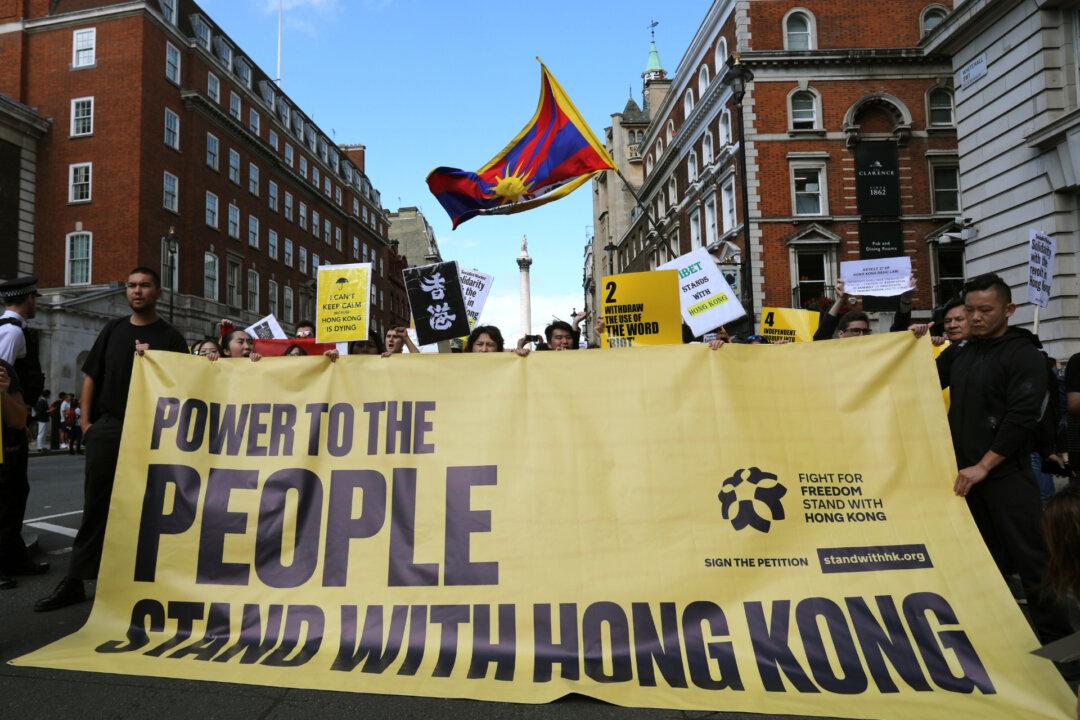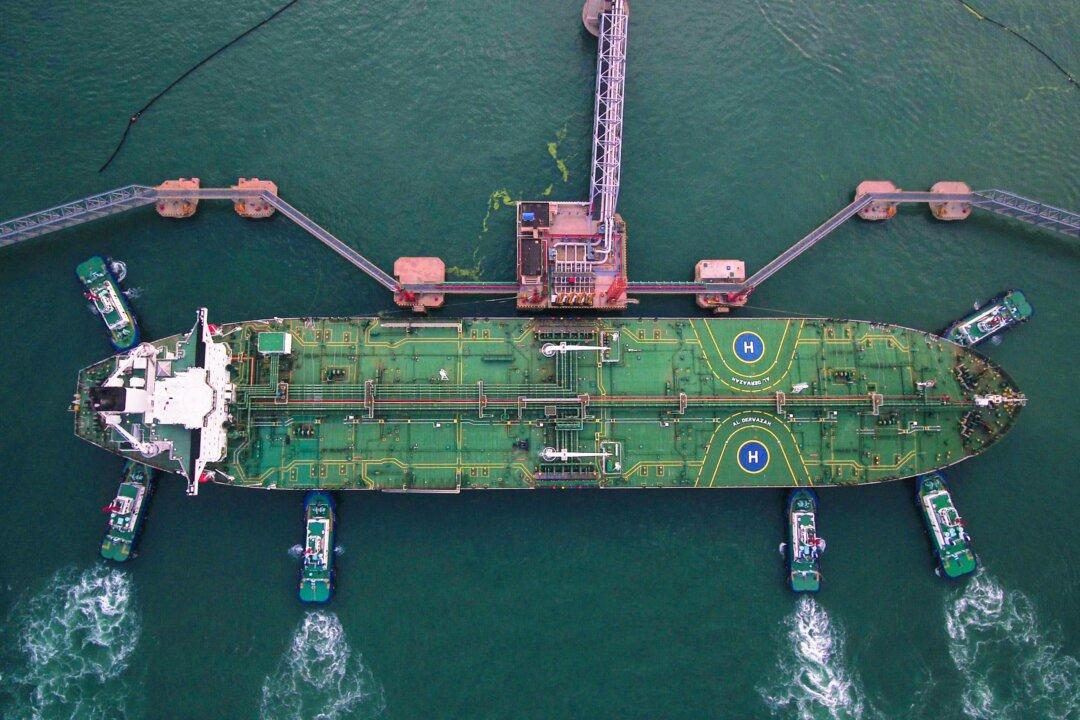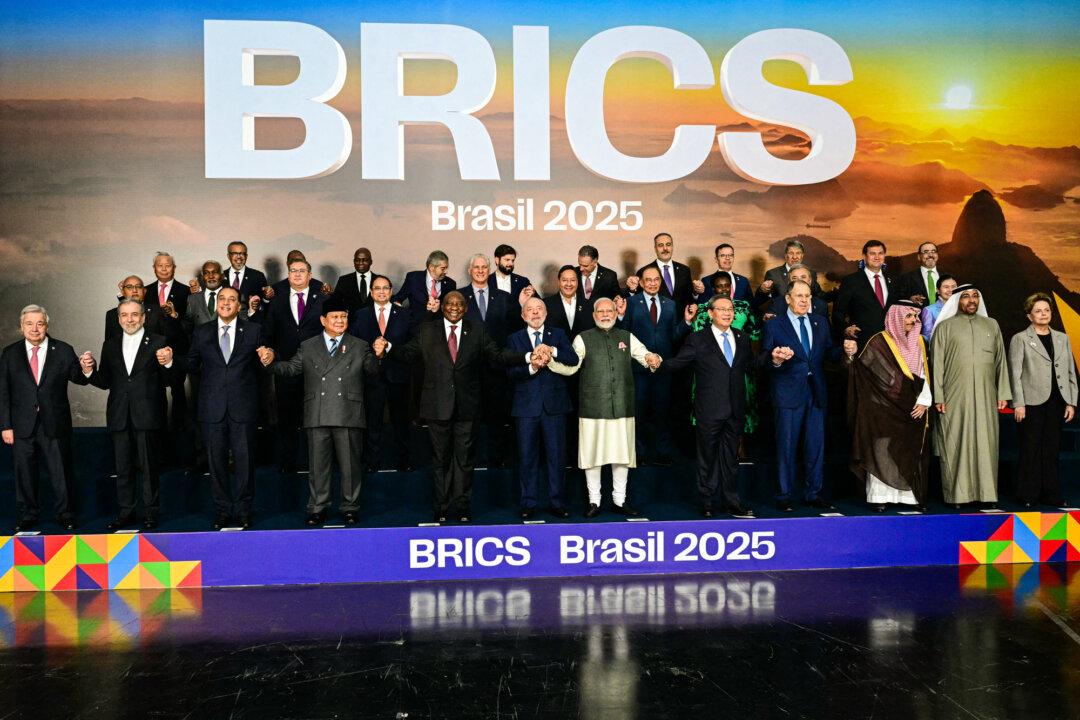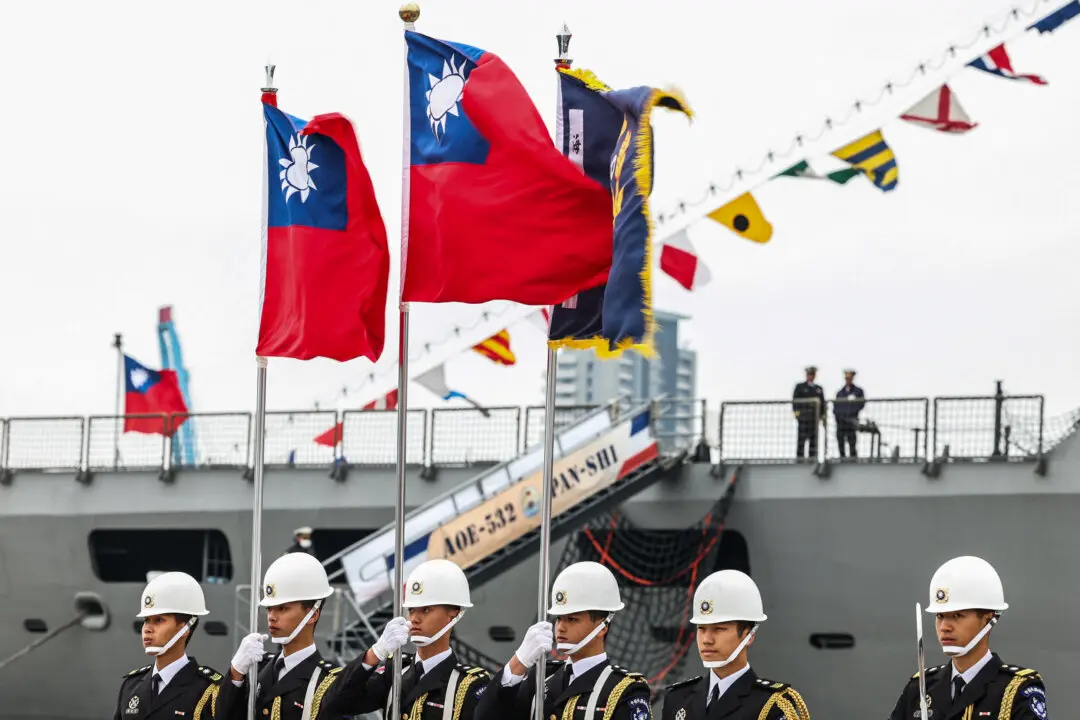President Donald Trump’s decision to link U.S. tariff negotiations to China’s handling of the continuing Hong Kong protests seems like a smart move.
It amply demonstrates the importance of Hong Kong in the eyes of the United States and other Western democracies. It would also seem to give Chinese leader Xi Jinping even less room to maneuver, and may add leverage to the U.S. negotiating position.





